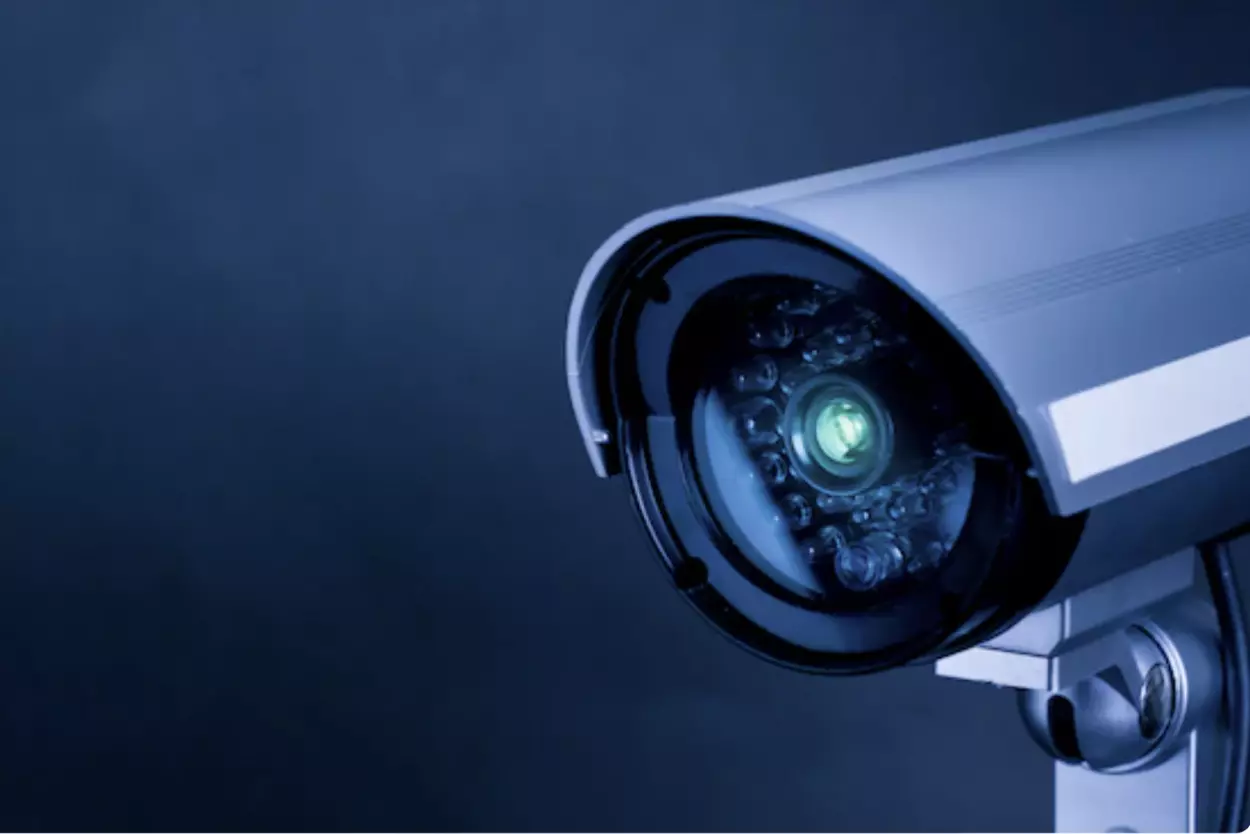Security cameras are an important aspect of any business’s security system. They can help deter criminal activity and provide evidence in the event of a security breach. However, there are several common mistakes that businesses make when using security cameras that can compromise their effectiveness. In this blog post, we will discuss 15 common mistakes to avoid when using security cameras.
- Poor Placement:
One of the most common mistakes businesses make is placing their cameras in ineffective locations. It’s important to strategically place cameras in areas of high traffic and vulnerable areas. Ensure cameras are placed at an appropriate height to capture the most detail.
- Not Enough Coverage:
Another mistake is not having enough cameras or coverage. Make sure you have enough cameras to cover all of your vulnerable areas. Consult with a professional installer to ensure adequate coverage.
- No Clear Signage:
Displaying signage that security cameras are in use is important. It can act as a deterrent for potential criminals and help inform individuals that they are being recorded.
- Not Maintaining Cameras:
Cameras can fail or malfunction without regular maintenance. It’s important to regularly check the cameras and replace batteries or cables if necessary.
- Poor Lighting:
Insufficient lighting can result in poor-quality images. Ensure that all areas being monitored are well-lit, and consider cameras with built-in infrared technology for low-light environments.
- Not monitoring your cameras regularly:
Cameras are only useful if you regularly check the footage. Develop a routine for checking the recordings and have a process in place to address any incidents identified.
- Poor Quality Cameras:
Investing in high-quality cameras is essential for obtaining clear footage. Low-quality cameras can produce grainy or blurry images that are of no use in identifying individuals.
- Failing to Secure Cameras:
Cameras can be vulnerable to hacking or tampering. Secure cameras with strong passwords and ensure they are not accessible to unauthorized individuals.
- Not having a backup plan.
What happens if your security cameras go offline? If you don’t have a backup plan, you may be left without any security footage in the event of a crime. Make sure that you have a backup plan in place, such as a cloud-based storage system or a second set of cameras.
- Not Following Regulations:
Depending on your industry and location, there may be specific regulations on the use of security cameras. Make sure you are aware of these regulations and are complying with them.
- Not having a clear policy for using security cameras.
It’s important to have a clear policy for using security cameras. This policy should explain how the cameras will be used, who will have access to the footage, and how the footage will be stored. Having a clear policy will help to protect your privacy and the privacy of your employees and customers.
- Not keeping your security cameras up to date.
Technology is constantly changing, so it’s important to keep your security cameras up to date. This will help to ensure that your cameras are working as effectively as possible.
- Not using security cameras as part of a comprehensive security plan.
Security cameras are just one part of a comprehensive security plan. You should also have other security measures in place, such as locks, alarms, and security guards. By having a comprehensive security plan, you can deter crime and protect your property.
- Not training your employees on how to use security cameras.
Your employees should know how to use the security cameras on your property. This will help them to identify any potential problems and to report them to the appropriate authorities.
- Not having a security camera company you trust.
If you’re not comfortable installing and maintaining your own security cameras, you can hire a security camera company to do it for you. Make sure that you choose a company that has experience in installing and maintaining security cameras.
In conclusion, security cameras can be a valuable asset to your business’s security system. However, avoiding these 15 common mistakes is essential to maximize their effectiveness. Properly placed and maintained cameras, adequate coverage, clear signage, regular footage checks, high-quality cameras, secure storage, and compliance with regulations can help ensure your security cameras are working effectively. Consult with a professional installer to ensure that your security cameras are installed and used correctly.

